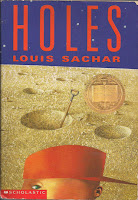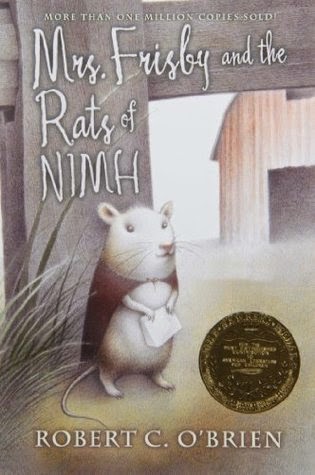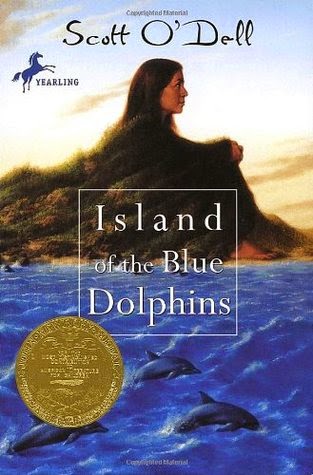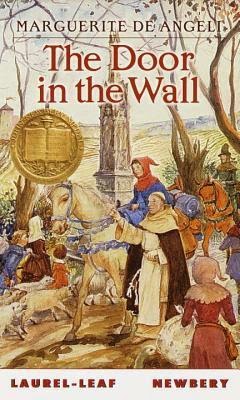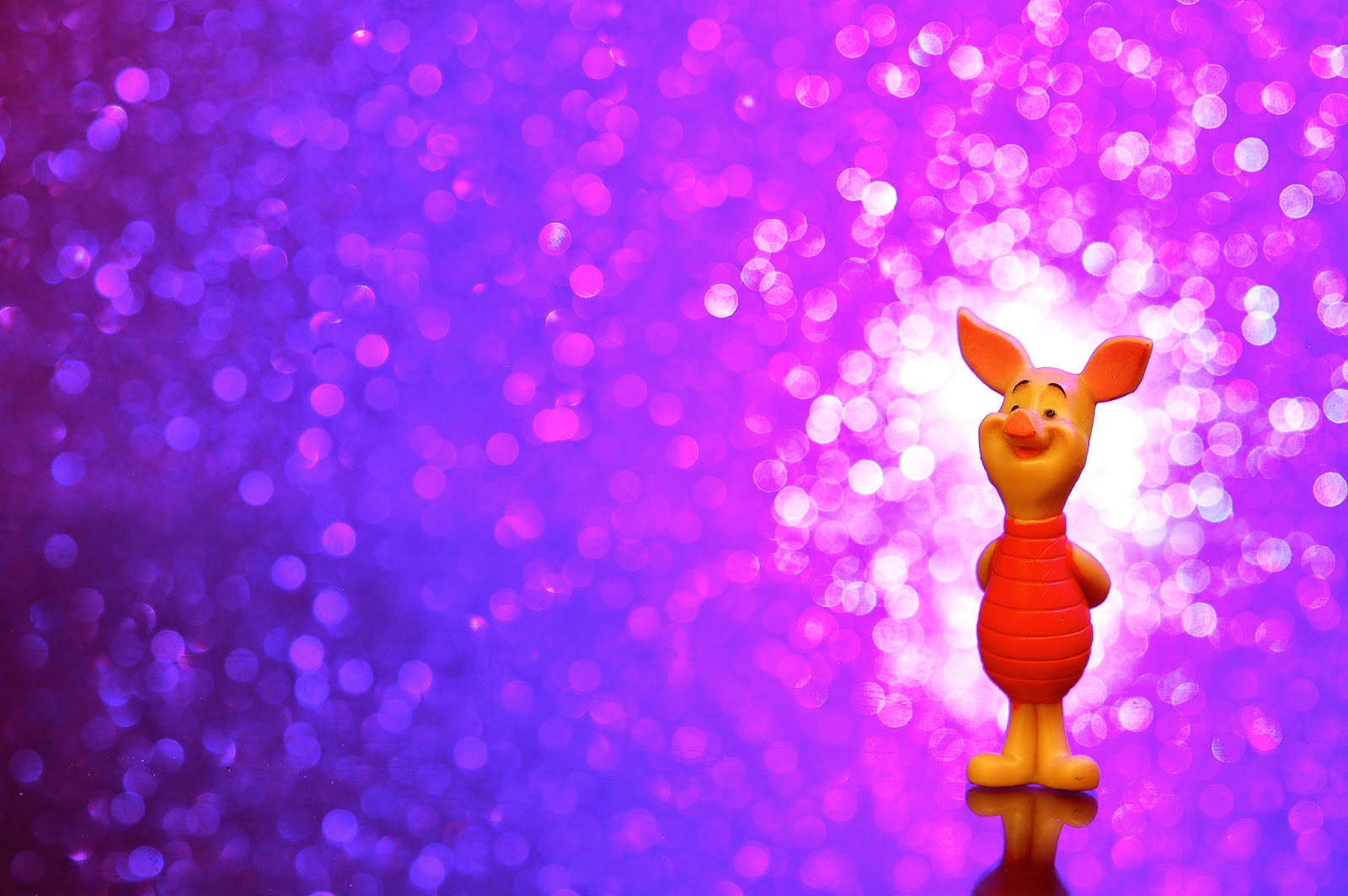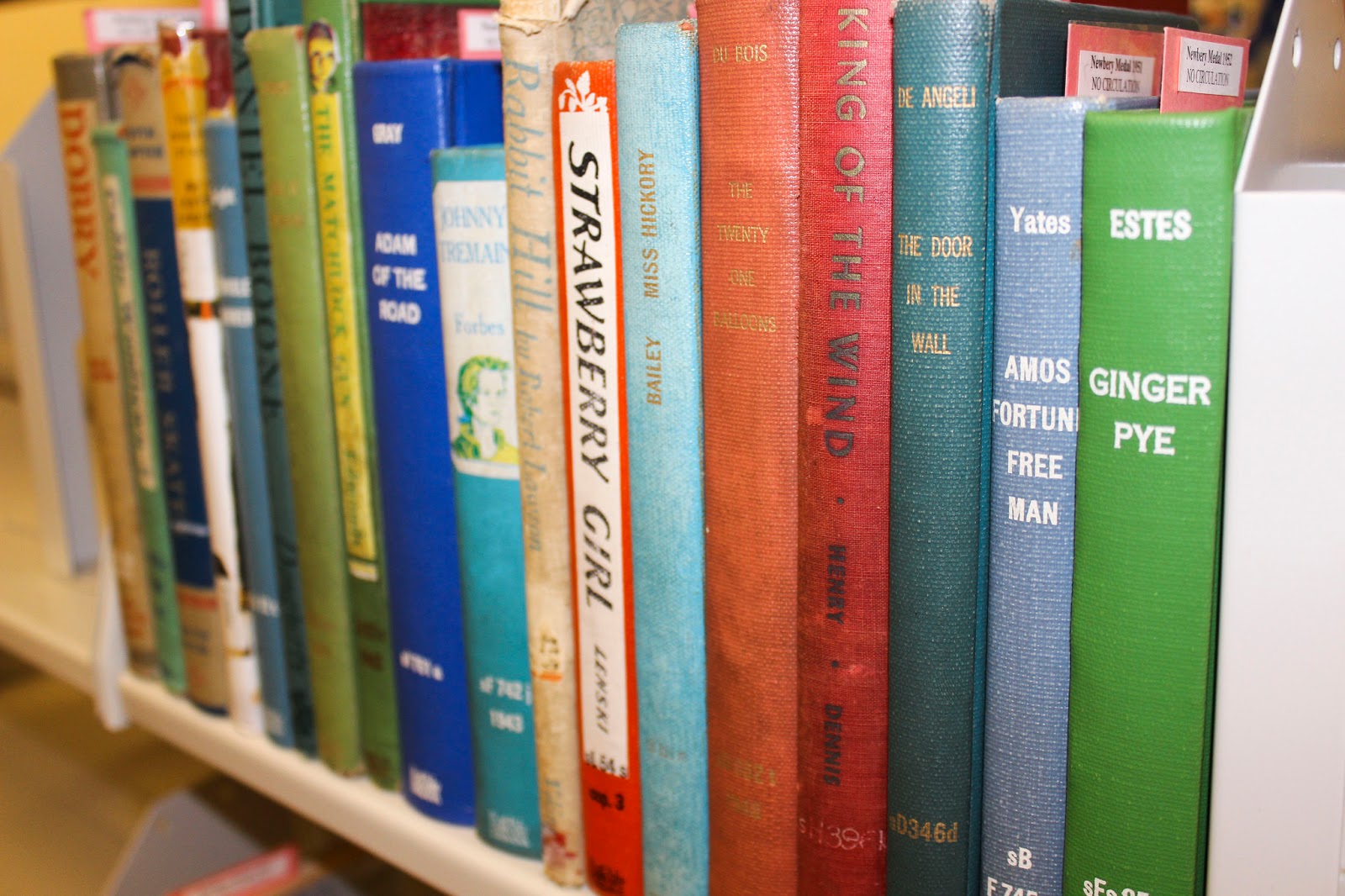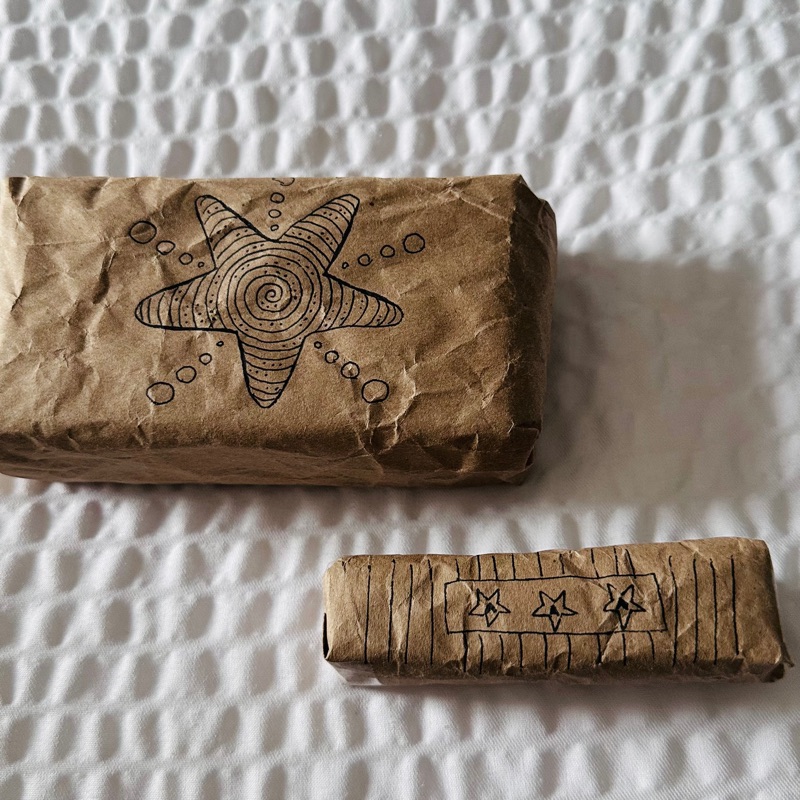It doesn’t take long for Stanley to realize there’s more than character improvement going on at Camp Green Lake. The boys are digging holes because the warden is looking for something. But what could be buried under a dried-up lake? Stanley tries to dig up the truth in this inventive and darkly humorous tale of crime and punishment—and redemption.
This book has been on my radar for quite a while, both because I have the impression that I like Louis Sachar as an author without actually being able to name any Louis Sachar books that I have read, and because I had the vague impression that the Dulé Hill, who I adore, was in the movie, which I've never seen.
Clear enough?
So I had to take my mother to the hospital for an eye test last week and I grabbed this for the waiting room. It's one of those books that I really wish I had read as a child, because reading it as an adult trying to imagine it from the perspective of a child is disorienting. It's quite harsh, but then so was Annie, and 101 Dalmatians was terrifying, and The Rescuers - poor Penny being lowered down the well to search for the diamond... hey waitaminnit, Holes totally rips off The Rescuers!
So, yes. It was harsh. The camp environment made my stomach hurt. The injustice and cruelty were so upsetting, and then the descriptions of the past in Latvia where the threads of destiny begin to weave this story are sort of charming, and then the story of Kate Barlow and Sam the Onion Man is so wonderful but so desperately sad, and then wham it all comes together at the end and overall I liked it, but I had a slight impression that some of the parts didn't quite match the others in tone.
What do we think about stories where young people are powerless in the grip of self-interested adults without conscience? Is it cathartic for them (since usually the children triumph, through a mixture of ingenuity, pluck and some kind of intangible force for good in the universe, over the bad guys?) or does it just heighten their feelings of powerlessness? It always fills me with a kind of impotent rage, knowing that as cartoonish as a lot of the situations are, there are real-life situations that are dishearteningly similar. But I do enjoy the redemption.
And speaking of impotent rage, remind me to tell you about being stuck in a tiny traffic jam with my mother, who was convinced we were going to be late for her appointment even though we'd left an hour earlier than necessary and were already halfway there. The world does not understand my pain.
